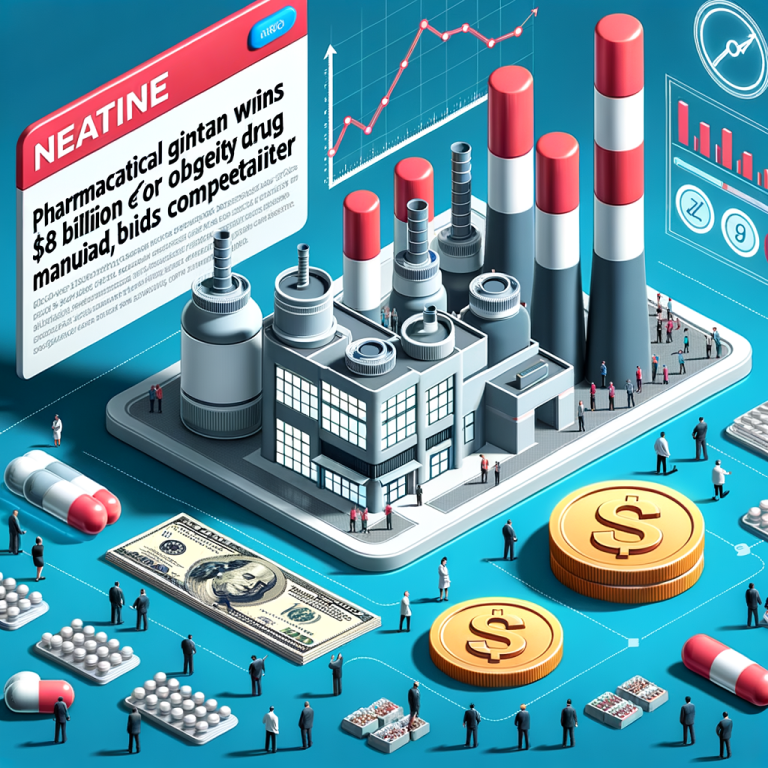(qlmbusinessnews.com Mon, 11th Sept, 2023) London, UK —
BMW, the German automotive giant, has unveiled plans to inject hundreds of millions of pounds into its Mini factory near Oxford, gearing up to manufacture the next generation of electric vehicles (EVs). The substantial £600 million investment is earmarked for upgrading the Oxfordshire plant, with production of two new electric Mini models scheduled to commence in 2026.
This strategic move not only safeguards the future of the Cowley-based facility but also secures jobs at another factory in Swindon, where more than 4,000 employees currently work.
The extensive investment at the Cowley plant will encompass modernizing the site, expanding production lines, extending the body shop, and constructing a dedicated area for battery installation. Additional logistics facilities will also be established at Cowley and the Swindon factory, which produces body panels for new vehicles.
The next-generation electric Mini models, the Mini Cooper and the larger Mini Aceman, will be produced at Cowley alongside traditional vehicles. A third electric model, the Countryman, will be manufactured in Germany.
This investment from BMW in the UK will receive support from the government's Automotive Transformation Fund, believed to be valued at £75 million.
Mike Hawes, CEO of the Society of Motor Manufacturers and Traders, hailed this announcement as a “vote of confidence” in the UK's automotive manufacturing sector. He emphasized how such investments improve productivity and contribute to job creation and economic growth in the country.
This decision is crucial to the future of the two UK factories as Mini aims to transition fully to electric vehicles by 2030.
The first electric Mini was introduced at the Cowley plant in 2019. However, last year, BMW revealed plans to shift most of its electric vehicle production to China, where it partnered with Great Wall Motor to develop new models. The rationale at that time was that manufacturing both conventional and electric cars in the same factory was inefficient. Now, BMW appears to have altered its course.
Production of the new electric models will commence next year at Great Wall's factory in Zhangjiagang. Cowley is expected to join in the production in 2026.
Prime Minister Rishi Sunak applauded BMW's investment, stating that it highlights the UK's position as the best place for manufacturing future cars.
When asked about the speculated government funding of around £75 million for BMW's Oxford plant, Business Secretary Kemi Badenoch refrained from confirming the figure, citing potential challenges in future negotiations. She did acknowledge that the auto industry faces additional costs due to regulatory requirements linked to transitioning to net-zero emissions.
This development is part of a broader government-backed effort to promote EV development in the UK, in line with the ban on new petrol and diesel car sales set to take effect in 2035.
Jaguar Land Rover's parent company, Tata, recently announced plans to construct a large “gigafactory” for battery production in Somerset, backed by substantial taxpayer support.
Stellantis has initiated the production of electric vans at its Ellesmere Port plant in Cheshire, while Nissan is expanding its EV output in Sunderland, with partner Envision AESC constructing a nearby gigafactory.
Ford is also making significant investments to prepare its Halewood plant for electric motor production.
However, the automotive industry in the UK has faced challenges in recent years, including the closure of Ford's Bridgend engine plant in 2020 and Honda's Swindon factory in 2021. Additionally, the future of the Britishvolt battery factory near Blyth remains uncertain since the company entered administration in January.
David Bailey, a professor of business economics at Birmingham Business School, sees this BMW announcement as positive but highlights that the UK needs to catch up in EV production to maintain a thriving car industry.
One critical unknown is the source of the batteries for the vehicles produced at Cowley. Beginning next year, new regulations will impose substantial tariffs on cars with batteries manufactured outside the UK or the EU when transported across the Channel. BMW, among other companies, is lobbying for changes to these trade rules.
Professor Bailey underlines the pressure on both sides of the Channel to amend the trade rules, highlighting the necessity of revising them swiftly.
FTSE Russell, the index provider, officially confirmed Marks & Spencer's reentry after the market closed on Wednesday, with the change scheduled to take effect on September 18.
This News Story is brought to you by QLM Business News, your Digital Media Channel
Visit QLM businessnews.com
For more business news stories also follow us on Facebook, X and Youtube.
To Help qlm business news bring you more new stories like this, please like, share and subscribe.




















